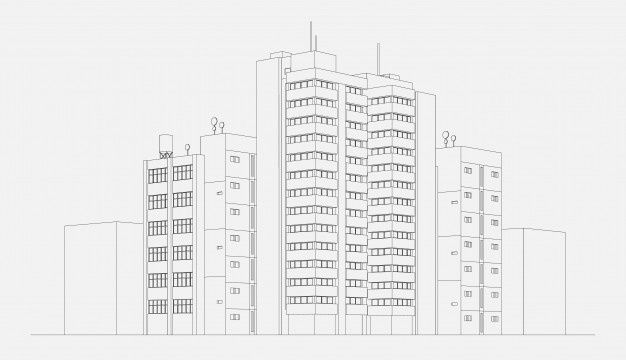Becoming more popular in the finite element field, higher-order elements capture a more complex data representation than their linear element predecessors and reduce the required number of elements needed to decompose fluid flow, stress, and other simulation types. Their representative power simplifies and improves the accuracy of finite element simulations, however, visualization and analysis of these new types of elements is non-trivial.
Conventional simulation methods use linear elements to decompose domains because of their mathematical simplicity as well as an abundance of visualization and analysis tools for their exploration. The inherent complexity in raising the degree of the interpolating functional or domain boundary edges directly affects the resulting visualization and analysis methods. Methods that consider the error introduced at this step are essential in trusting the results.


Comments are closed